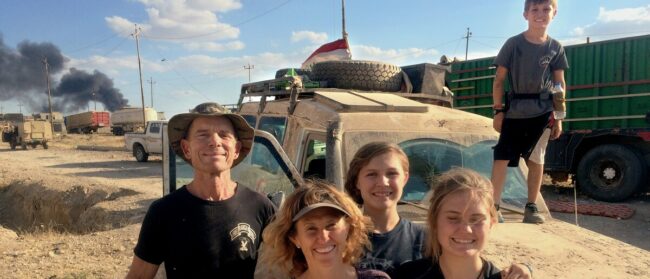It took decades for a tribunal to be established to investigate the vast crimes of the Khmer Rouge regime. Many victims and survivors, including my 89-year-old mother and I, had high expectations for the Extraordinary Chambers in the Courts of Cambodia (ECCC).
Families of the deceased have looked to the court for recognition of their loss. Victims have looked to the court for recognition of their suffering. And the accused have looked to the court for due process and the opportunity to plead their defence. Despite the tremendous importance of this institution to Cambodia and the world, allegations of corruption abound, and all kinds of controversies have stained the legitimacy of the court and the judicial process.
In this context, the expected announcement of the permanent stay of proceedings in the trials of the three suspects Meas Muth, Ao An and Yim Tith due to budget constraints is disheartening. Considerations of laws and evidence aside, it is a parody of justice. Three people suspected of crimes against humanity, it seems, will not be forced to face justice. This news falls in line with a long list of failures, mistakes, and poor judgment in Cambodia’s judicial process.
Truth is sacred, and the process of finding truth must be respected and transparent. Having spent my life working to help Cambodia heal the wounds left by the Khmer Rouge, I am disappointed with this announcement because truth appears to have been sacrificed on the altar of expedience.
Explaining the court’s financial difficulties brings no comfort to a wife who wants to know why she lost the love of her life; nor do they help a young child understand why he has no grandparents. Truth should never be a matter of convenience but an ideal that compels us to do the right thing even when financial or political circumstances make decisions hard, or seemingly impossible.
Despite my regret, I am comforted by the many successes of the Khmer Rouge tribunal, and the decision does not shake my confidence in the Cambodian people’s ability to grapple with their history and move forward.
The ECCC has been a critical driver of debate and the country’s reconciliation with its past. Without question, the tribunal has compelled parents to discuss the history of the country with their children, and it has compelled young people to ask more critical questions about the role of government, human rights and authority. I have no doubt that, without the ECCC, a greater number of Cambodians may have even questioned whether mass atrocities actually occurred, giving in to the temptation of denial.
The ECCC gave credibility to victims’ stories and it signified, even in a limited way, the supremacy of civilisation over inhumanity. There is no greater gift to a victim of mass atrocities than recognition of their suffering, memorial of their loved ones and dignity as a human being. There is no greater gift to the rights of the accused in the future than respect for the rights of the accused today.
But legal justice is not a replacement for historical enquiry, debate or education, and the latest announcement only brings the possible end of legal proceedings – it does not end our country’s responsibility to the survivors of this history and the next generation. There remains scepticism and doubt among some about the country’s true history – and fear when it comes to asking and answering questions about it.
We must take up the processes, lessons and outputs of the tribunal and use them for the improvement of our society and the continuation of our work. I believe that even if the ECCC’s work may be completed with these cases, nothing prevents the Cambodian Ministry of Justice from assuming responsibility in the future. More importantly, the sealing of a case file or even the completion of a court’s work does not discharge our responsibility to justice.
Truth must never become a prisoner of political circumstance, legal process or time. We must take up the unresolved questions of the ECCC, including those sealed by the Office of Co-Investigating Judges, for greater historical research, debate and education. Our obligation is not just to ourselves, to victims or to our society, but to the world, where our work will resonate either as proof of impunity or of mankind’s resolve.
Youk Chhang is the executive director of the Documentation Center of Cambodia. His organisation, which has documented the atrocities of the Khmer Rouge for more than 20 years, has been key to the functioning of the Khmer Rouge tribunal.


